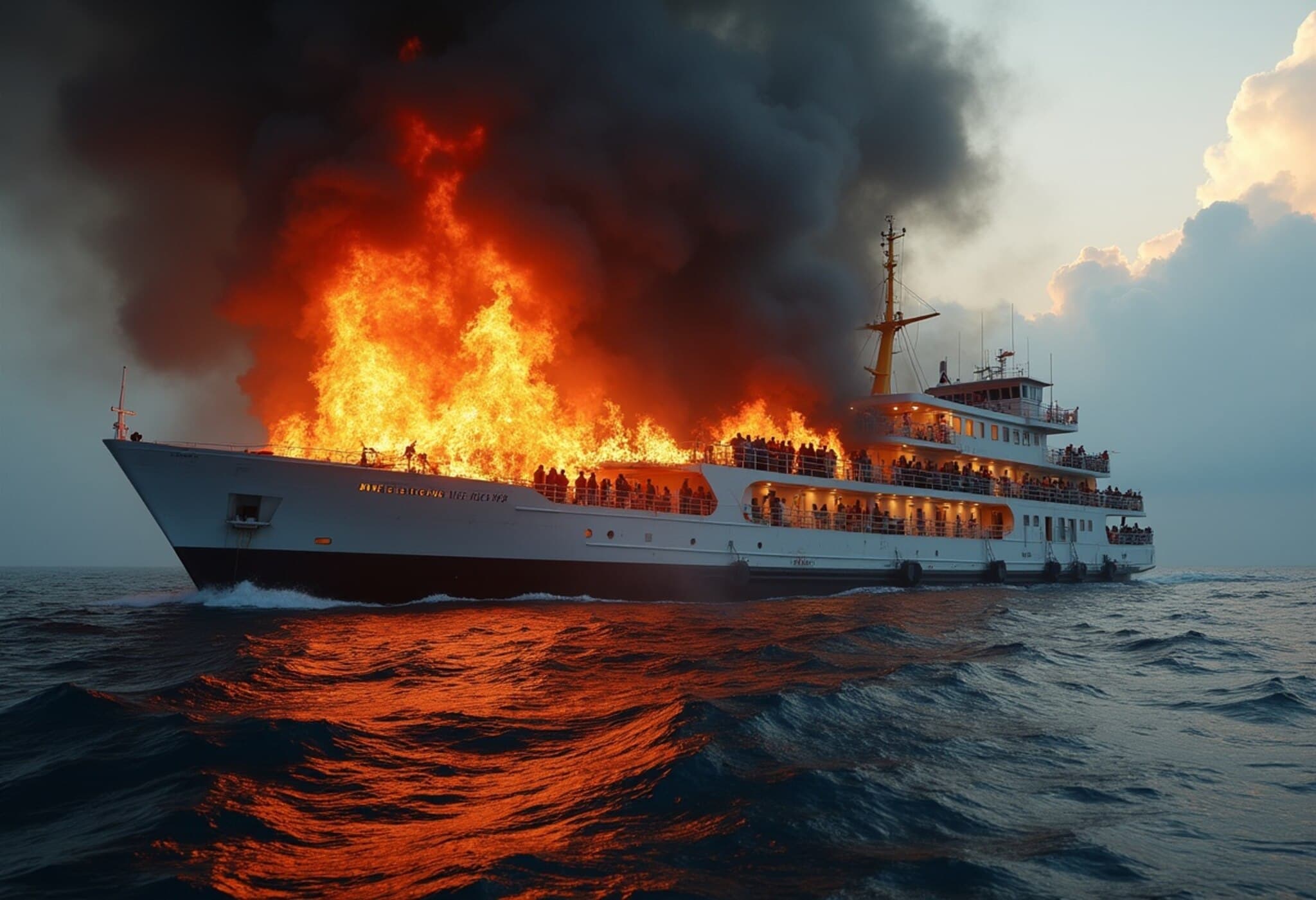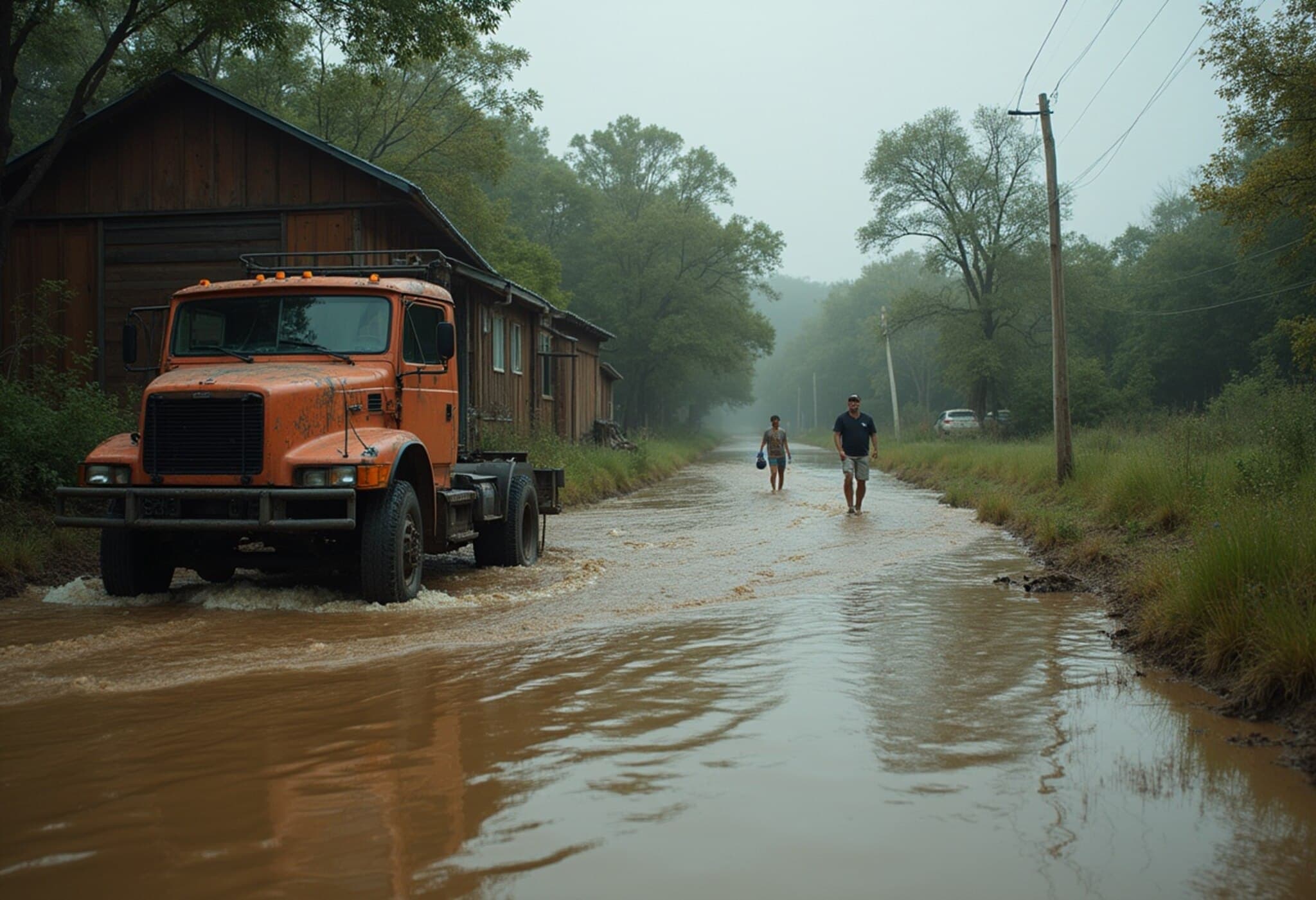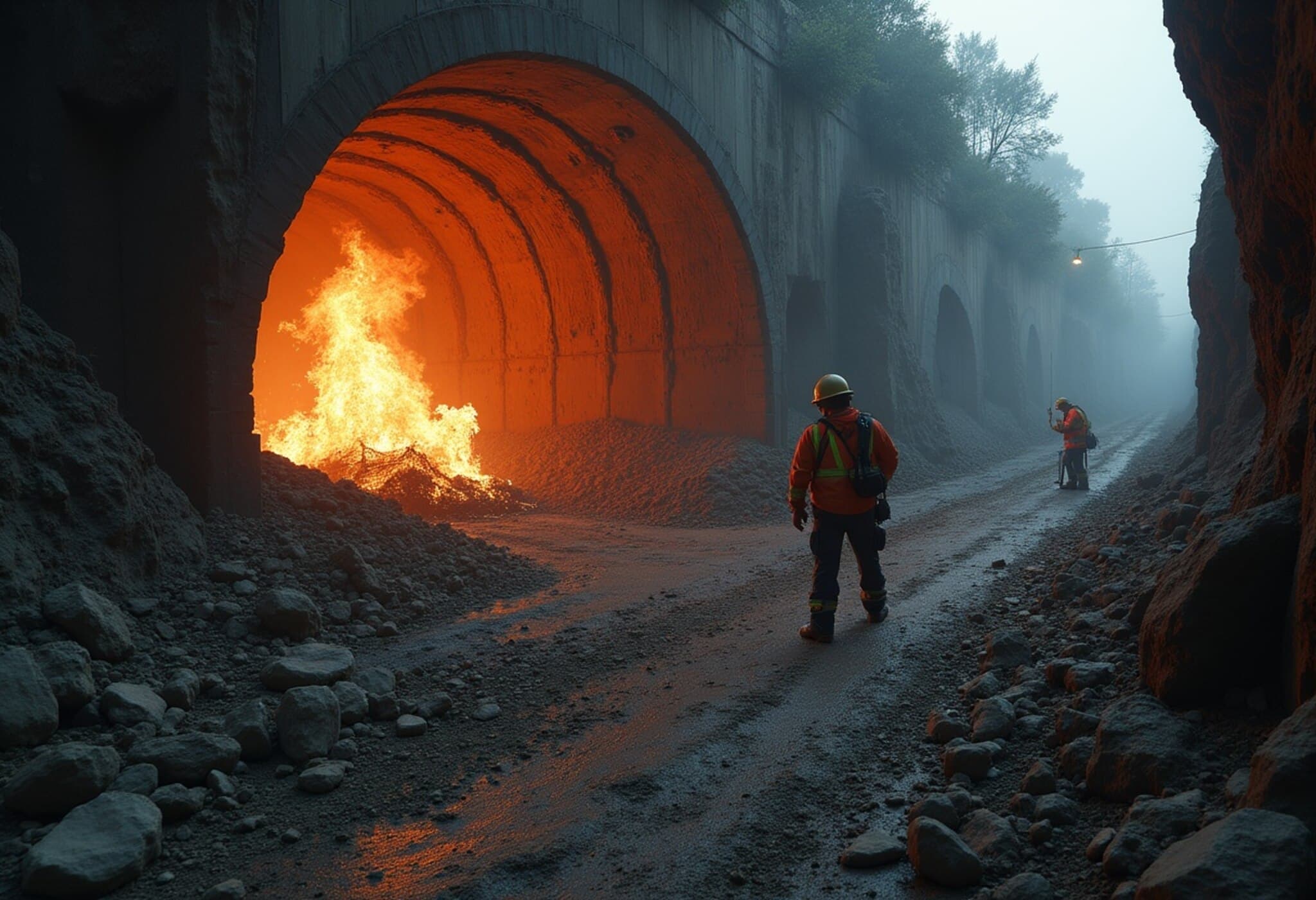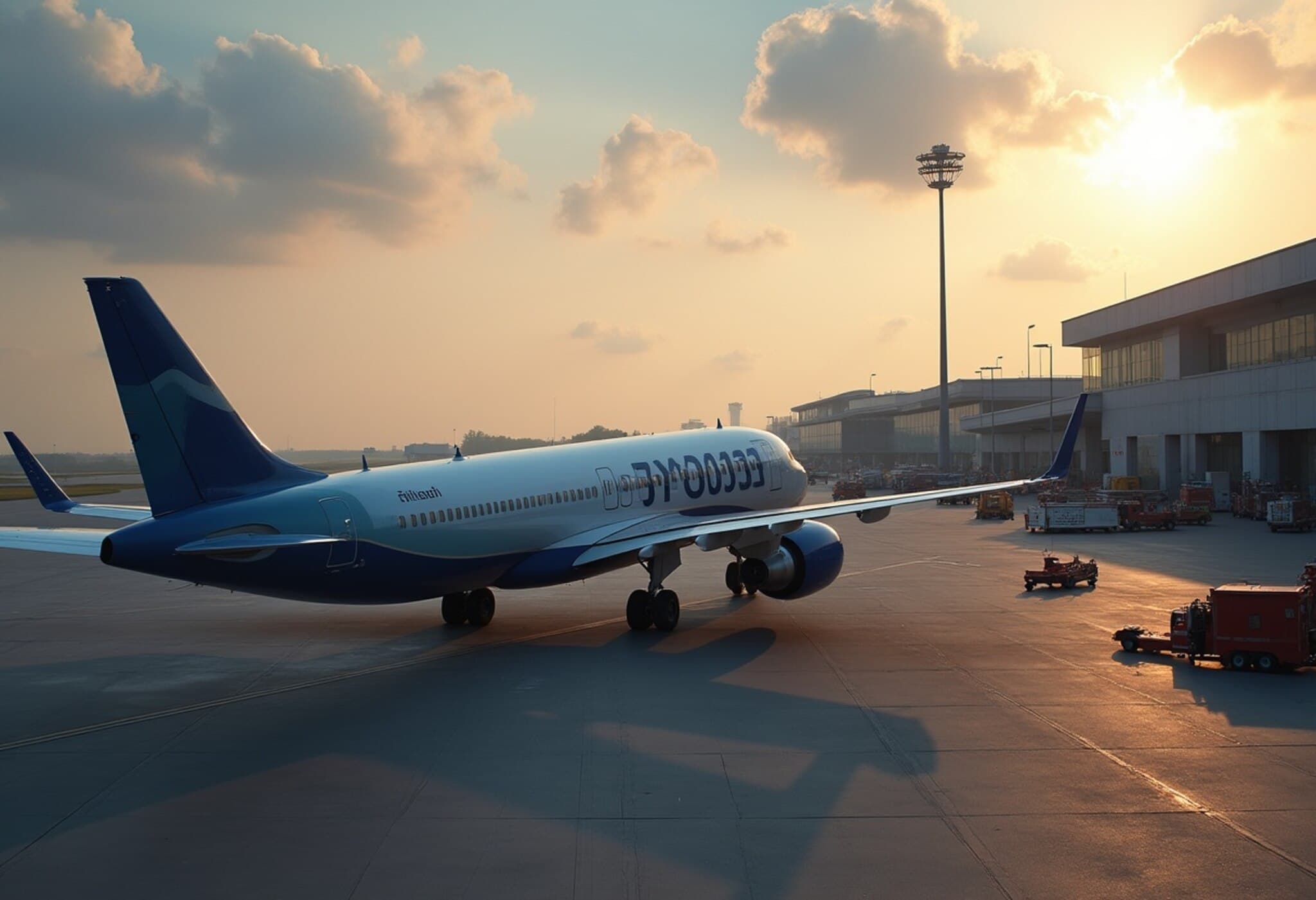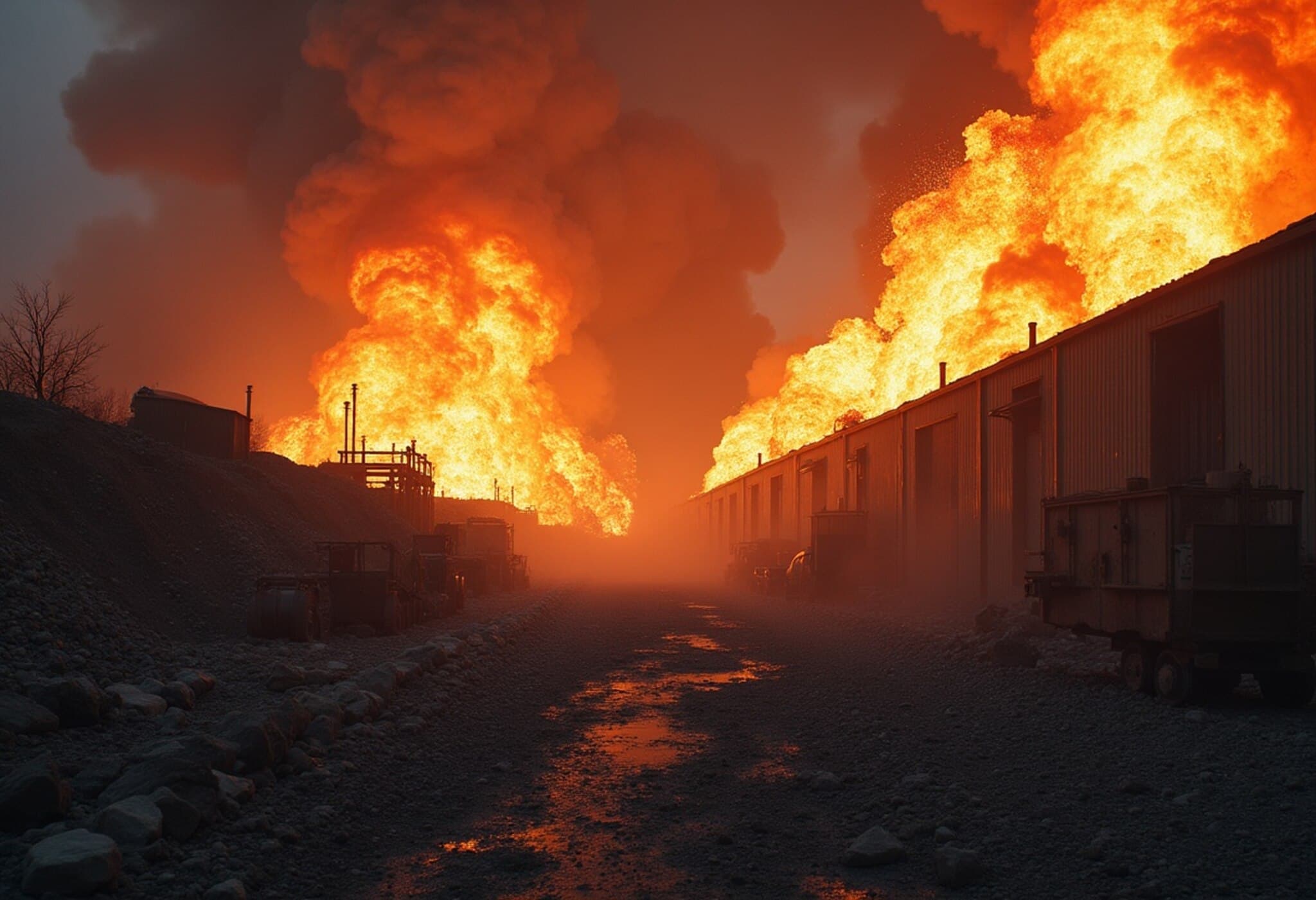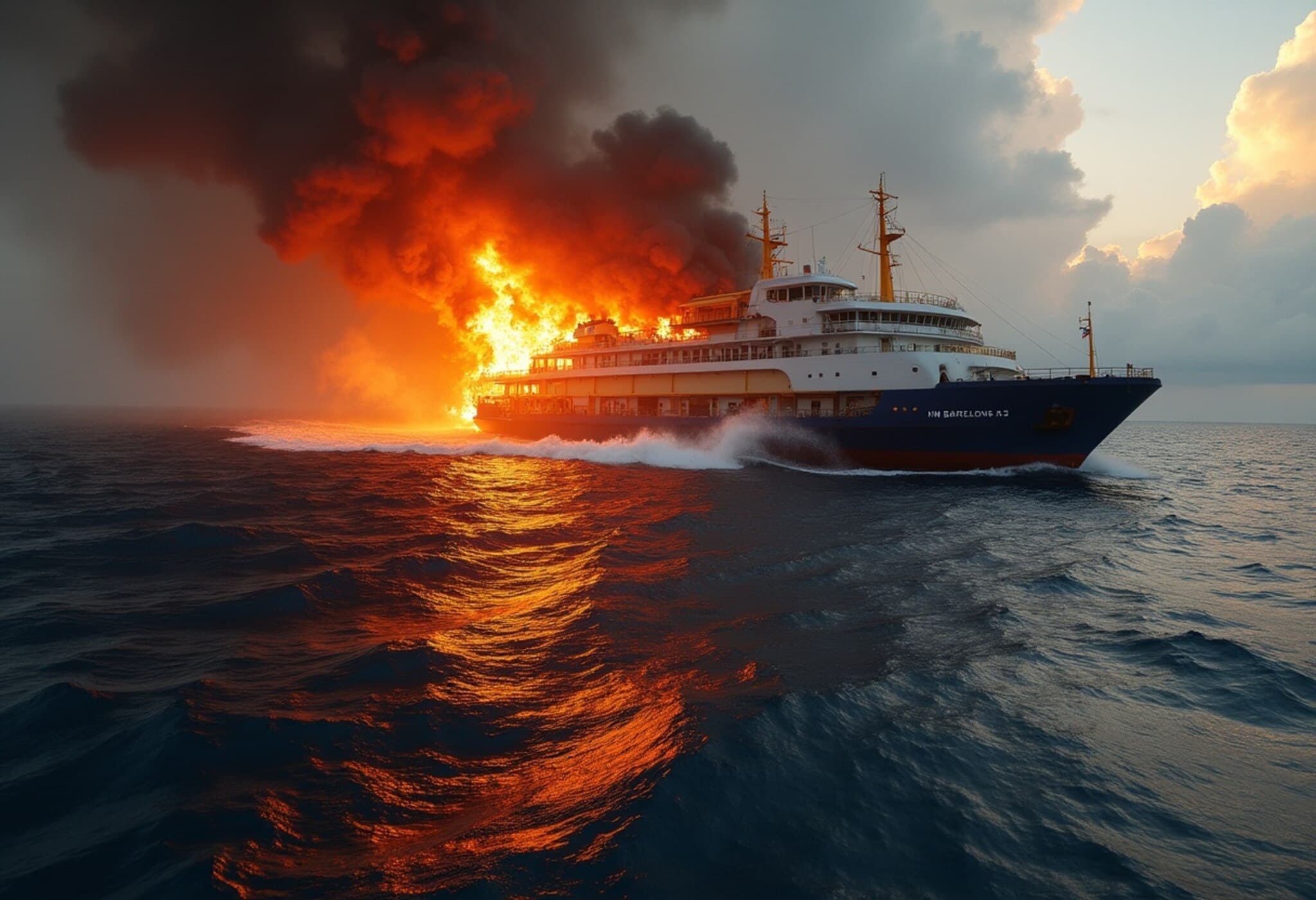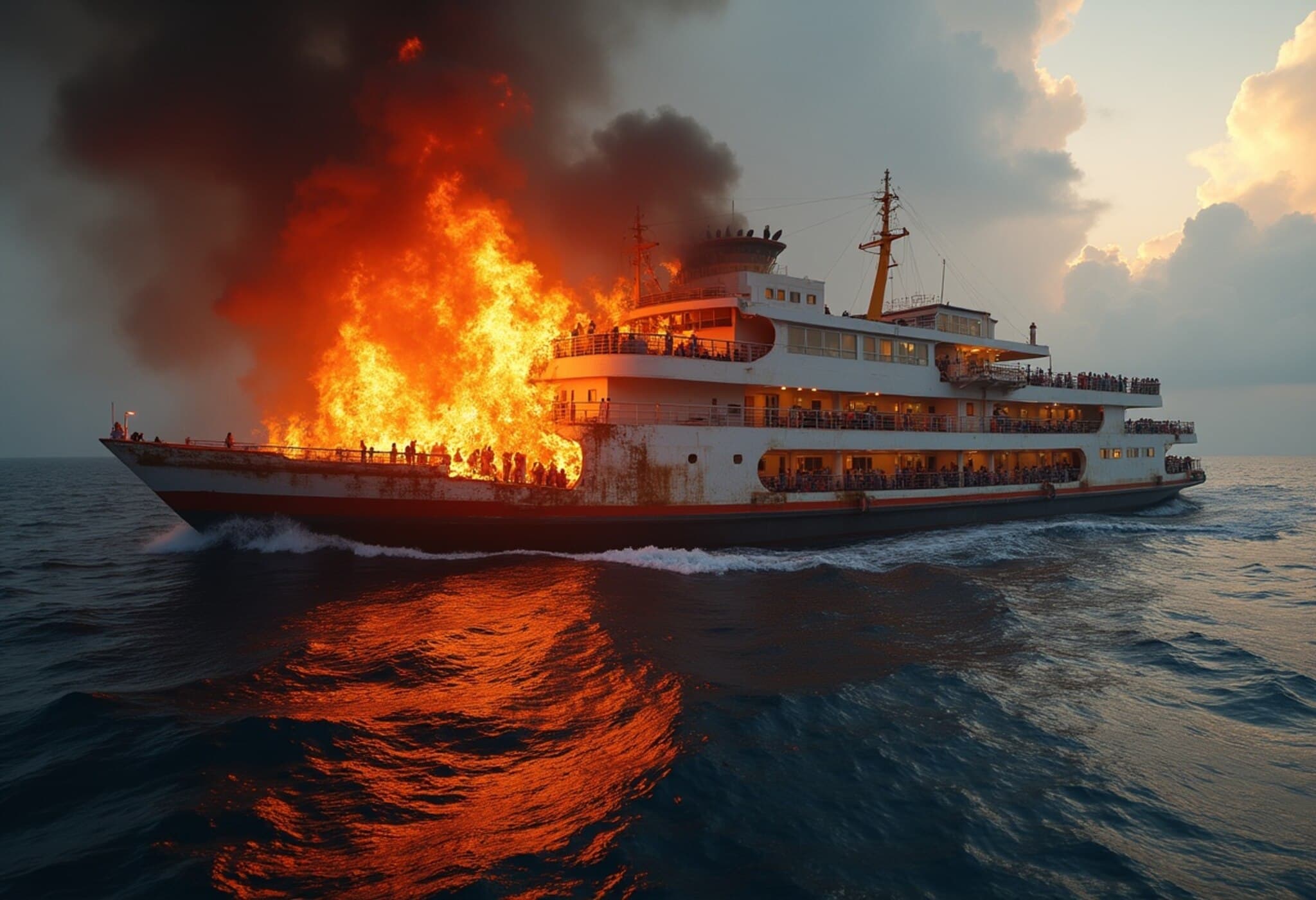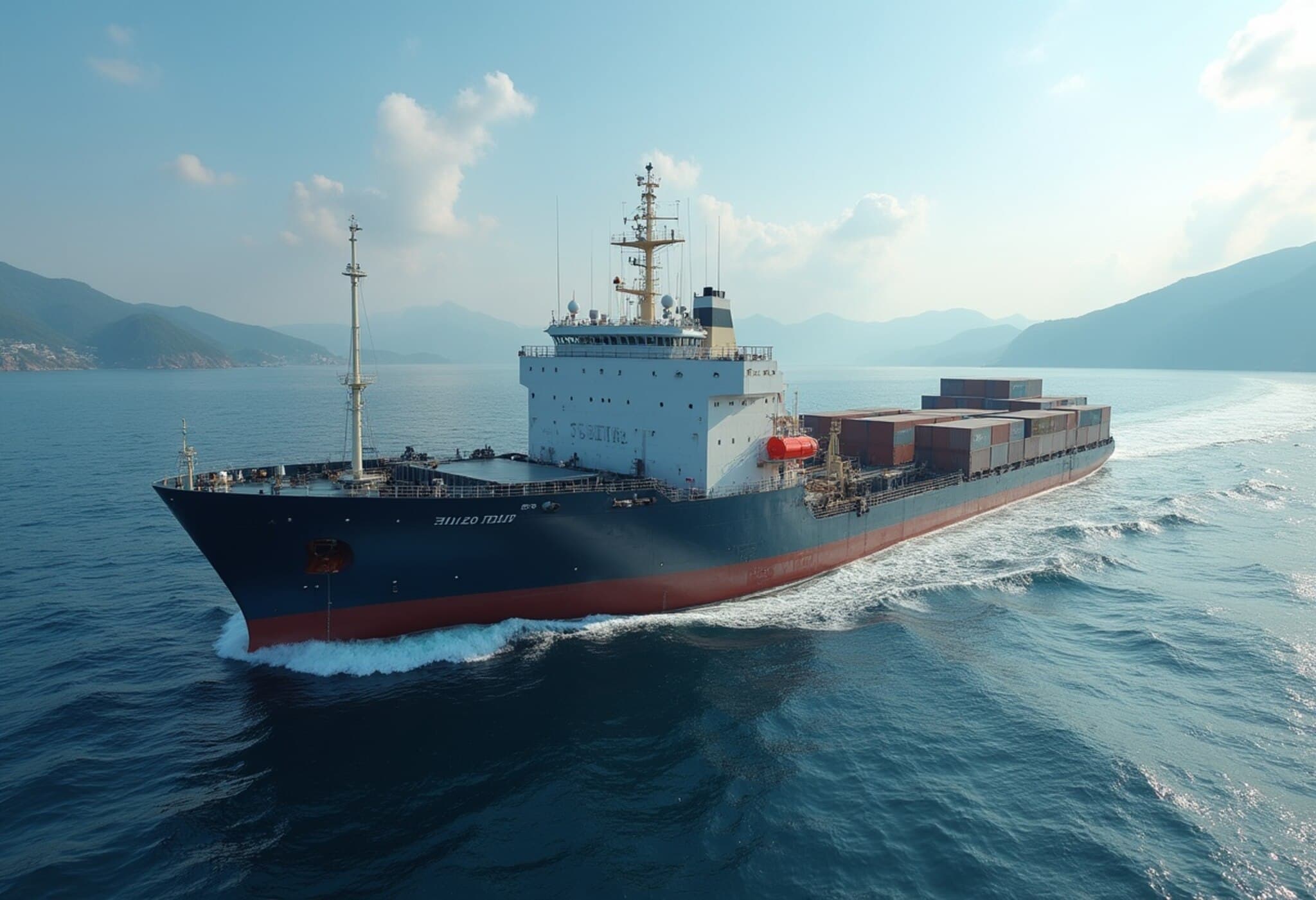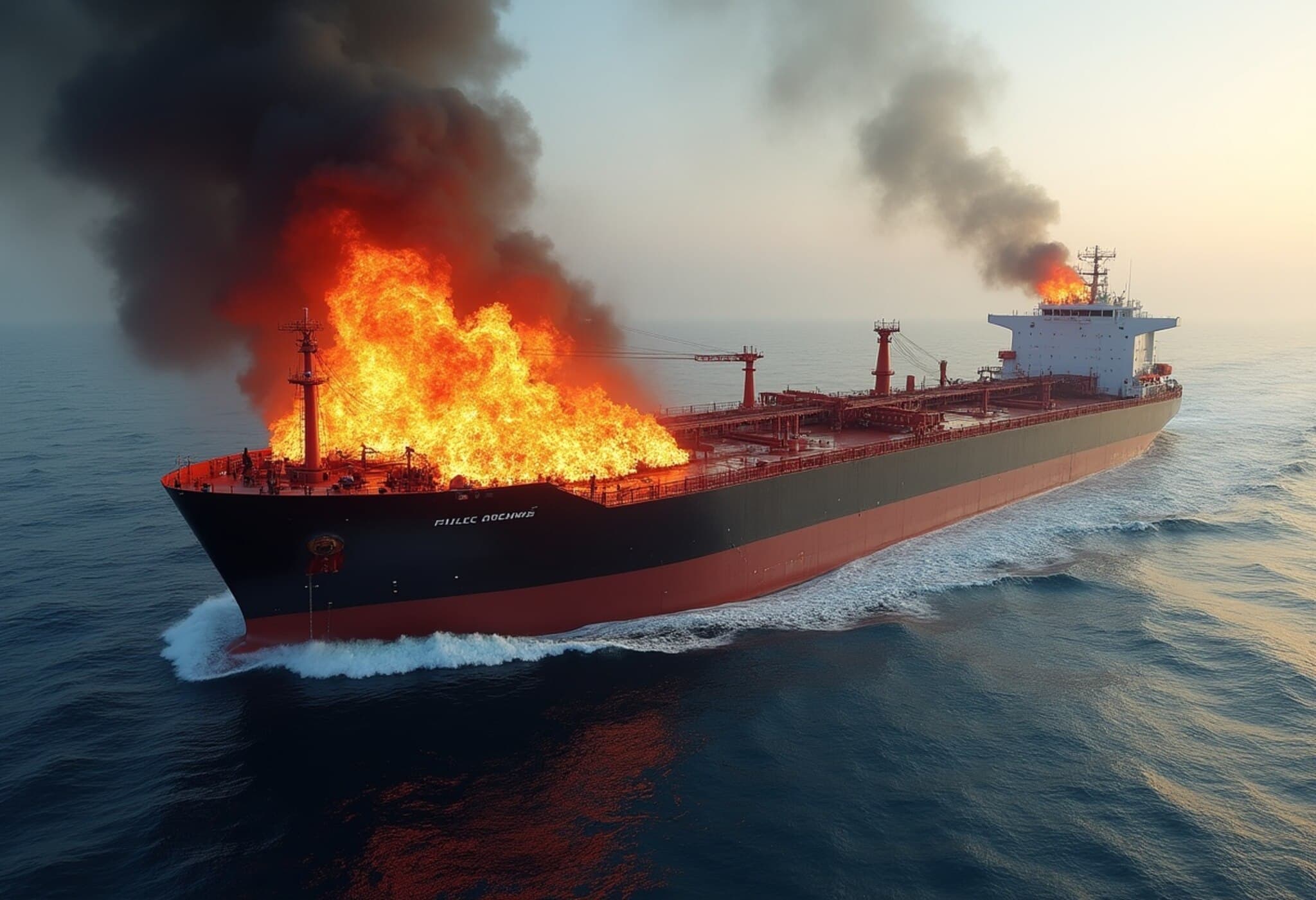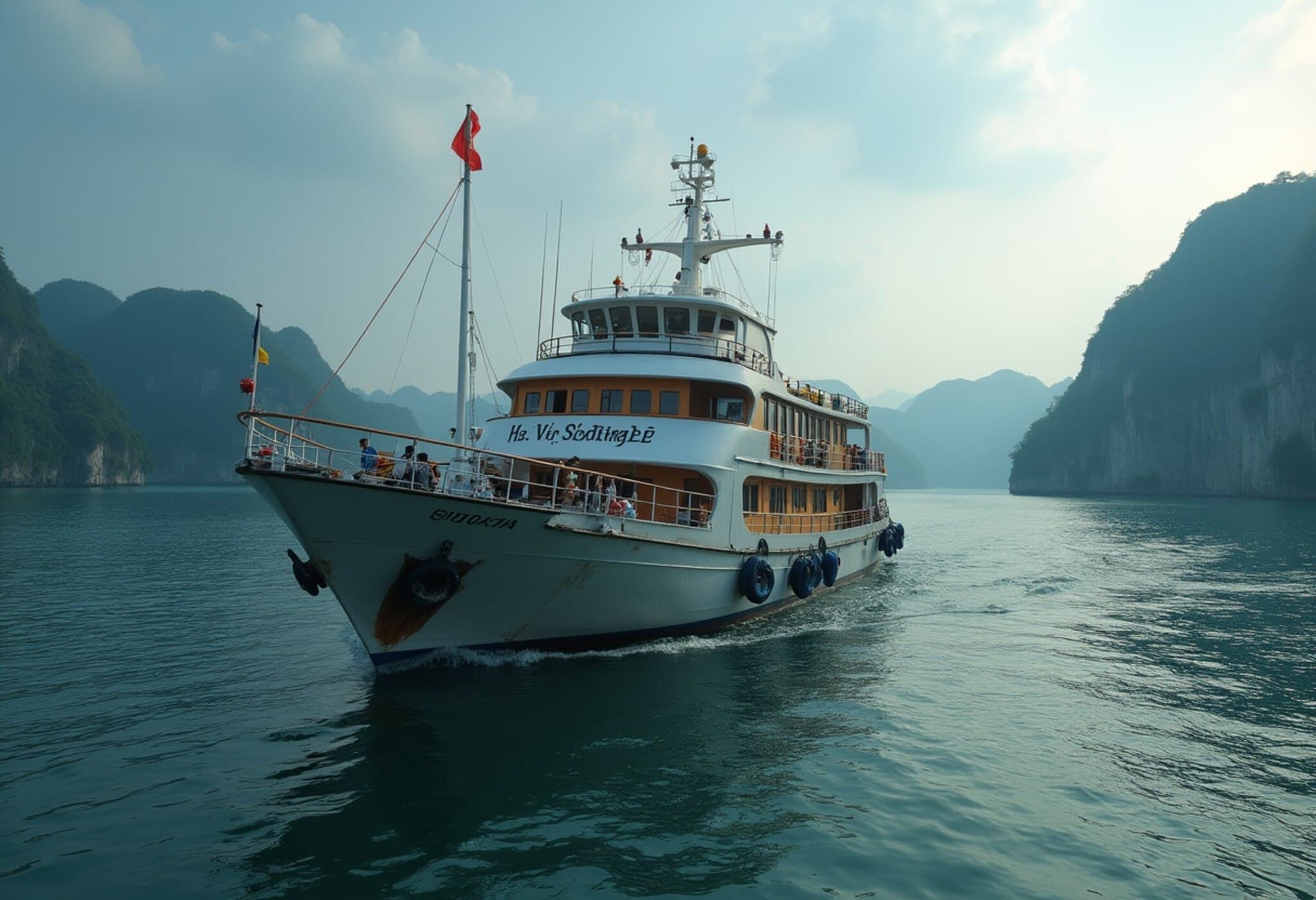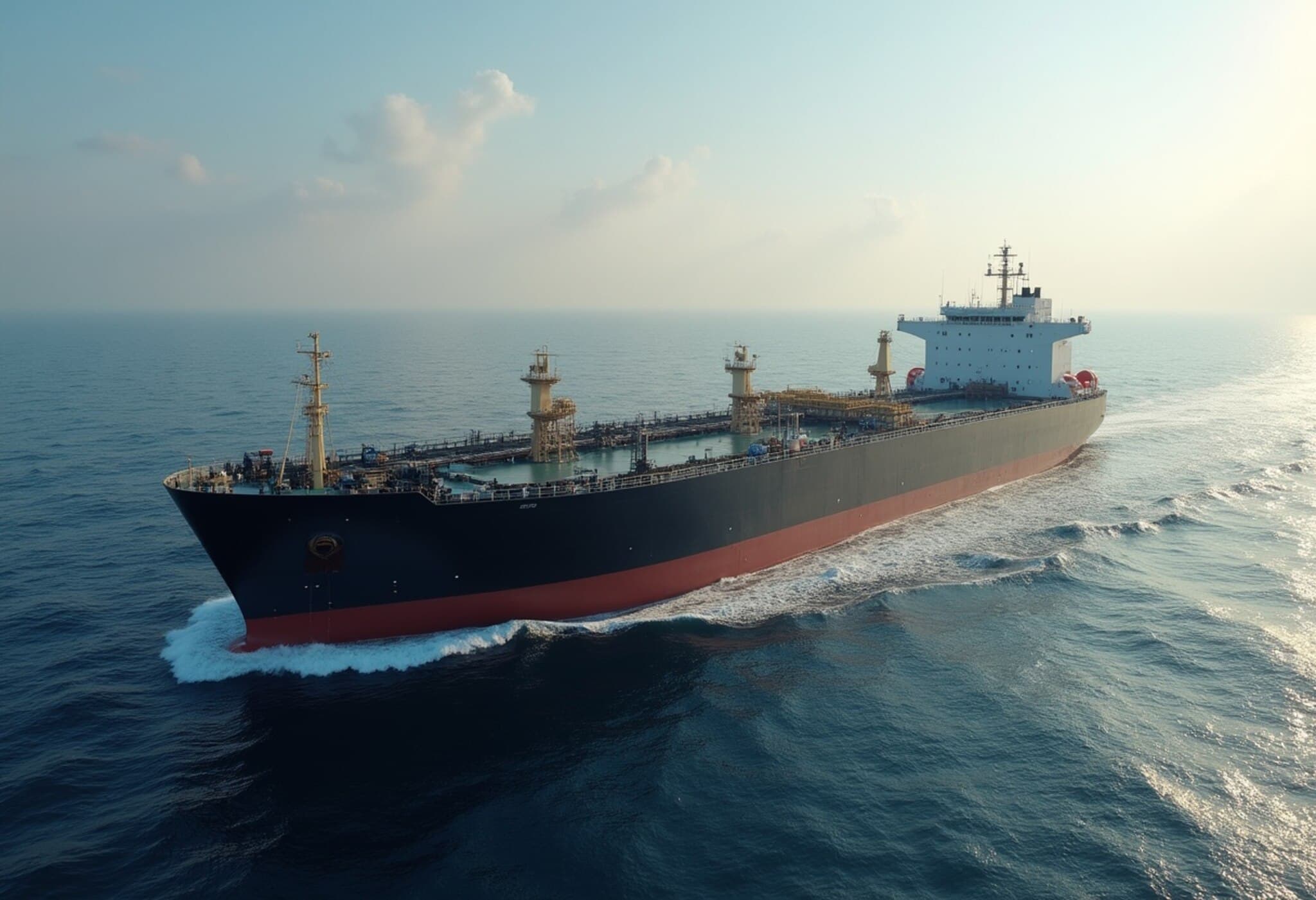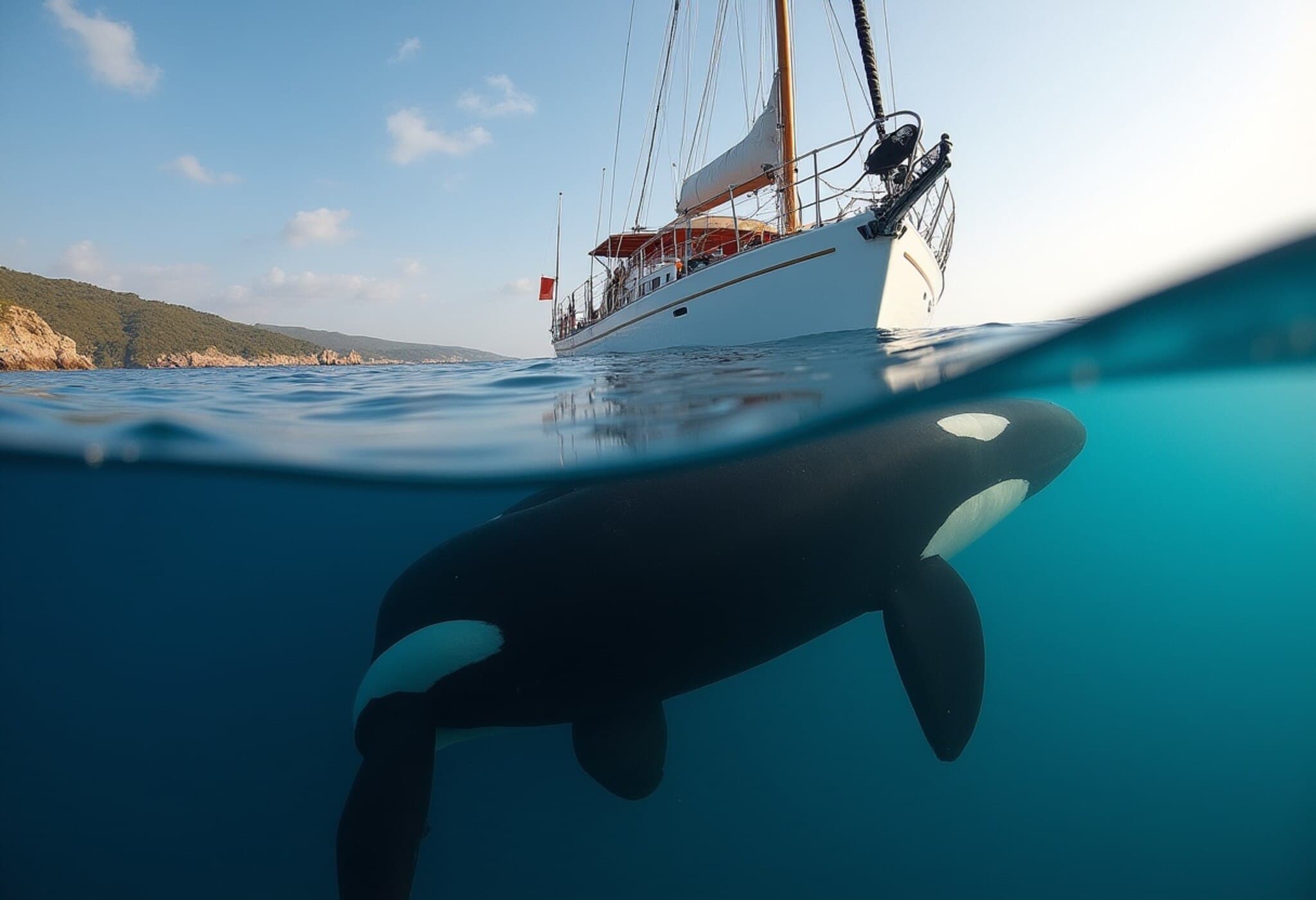Tragic Ferry Fire Off North Sulawesi Coast Claims Lives and Sparks Massive Search
On July 20, 2025, a devastating fire erupted aboard the KM Barcelona VA ferry as it sailed near Manado, the capital of Indonesia’s North Sulawesi province. The inferno, which broke out around 1:30 p.m. local time, engulfed the vessel in thick black smoke — forcing passengers into a desperate scramble for safety, including some jumping into the sea to escape the flames.
Casualties and Rescue Efforts
According to officials from the provincial Search and Rescue Office, at least five people have died so far, though initial reports varied. Rescue teams, supported by local fishermen's boats, successfully saved approximately 150 survivors. However, a staggering 130 passengers remain missing, prompting an expansive ongoing search involving two ships, multiple rigid inflatable boats, and numerous other vessels.
“Three persons were confirmed dead initially, but the confirmed death toll has risen to five. Nearly 150 have been rescued,” said Veri Ariyanto, a senior official leading the rescue operation.
Chaotic Scenes Captured on Social Media
Videos circulating widely on social platforms offer harrowing glimpses into the disaster. Passengers wearing bright orange life jackets brace themselves before leaping into turbulent waters. One video features a survivor clutching a baby tightly, embodying the fearful reality of those caught in the blaze.
The footage is a sobering reminder of maritime vulnerabilities, especially in regions dependent on ferry transport for connectivity.
Context and Broader Implications
Maritime disasters in Southeast Asia, including Indonesia, are sadly not uncommon due to a combination of aging vessels, overcapacity, and sometimes inadequate safety regulations. The KM Barcelona VA fire reignites pressing questions about maritime safety enforcement and emergency preparedness.
- Regulatory scrutiny: What measures are in place to ensure ferry vessels meet international safety standards?
- Infrastructure gaps: How well-equipped are local rescue operations in responding swiftly to such emergencies?
- Passenger awareness: Are passengers adequately briefed on emergency evacuation procedures?
From an American and global maritime policy perspective, improving safety in international shipping lanes and fostering greater cooperation on emergency response are vital to prevent such tragedies.
What’s Next?
Search and rescue operations continue as authorities race against time to locate the missing passengers. The local government, alongside Indonesia’s national authorities, is under pressure to provide support to the victims’ families and to investigate the ferry’s safety compliance.
The incident serves not only as a human tragedy but also highlights a critical need for systemic reforms in maritime travel safety across developing regions.
Editor's Note
This tragic ferry fire underscores the fragile intersection of human lives and maritime infrastructure in Indonesia—one of the world’s largest archipelagic nations. While the immediate rescue efforts are commendable, the broader picture invites urgent reflection on preventive measures. How can governments balance economic connectivity with rigorous safety enforcement? And what role can international partnerships play in preventing such disasters from recurring? As we await further updates, these questions remain paramount for policymakers and the public alike.

